SUMMARY
This is AI generated summarization, which may have errors. For context, always refer to the full article.
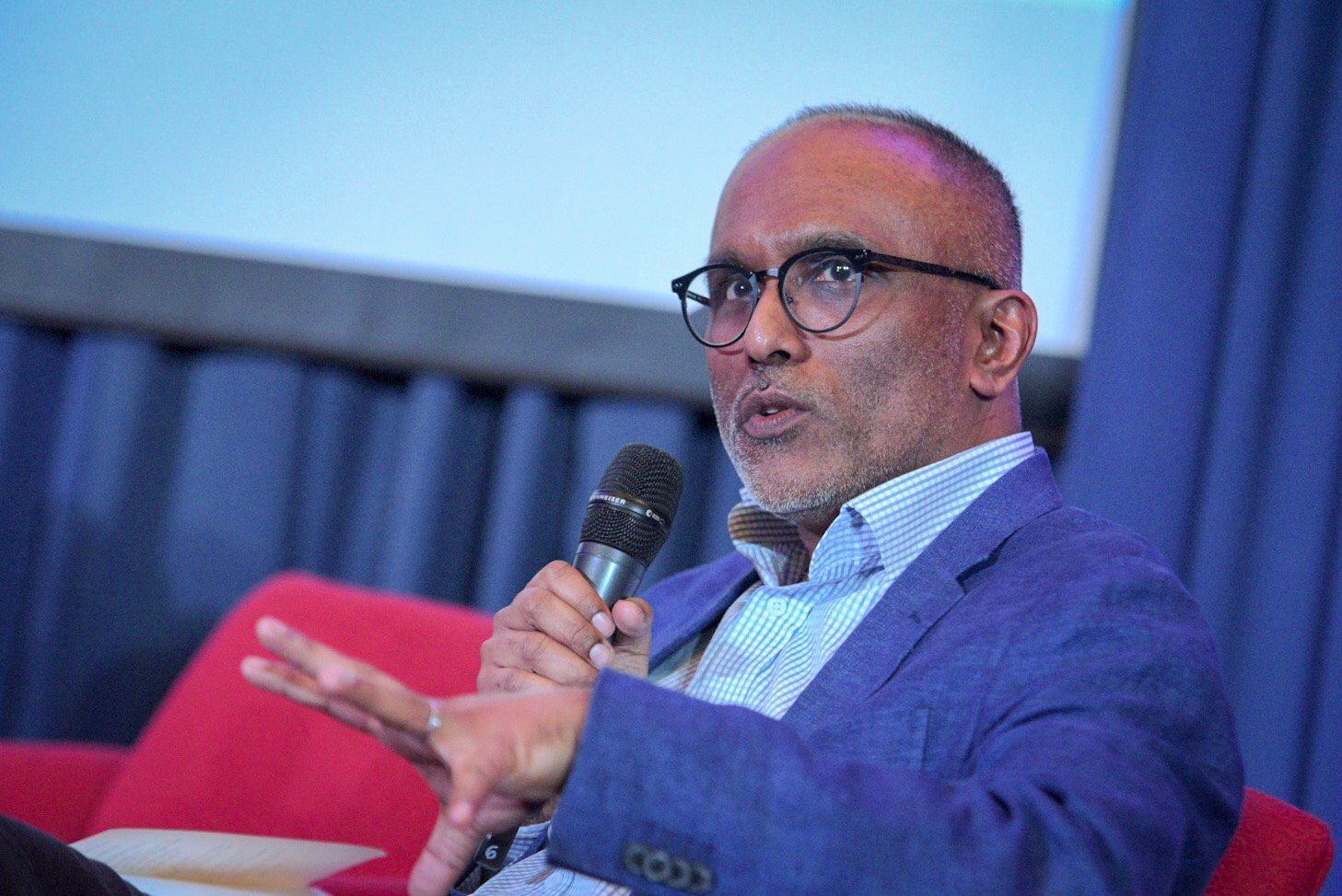
MANILA, Philippines – Journalists help spread disinformation when they act more like “stenographers” instead of truth seekers, a Southeast Asian expert said, as he stressed there’s a “strong case” for media to “get off our neutral fence.”
“Unfortunately, too many journalists perceive their role to be a little more than a stenographer, frankly – tracking, reporting what newsmakers say and do. Which results in the media then amplifying the newsmakers’ misinformation uncritically,” media studies professor Cherian George said at the Democracy and Disinformation Forum on Monday, February 12.
George said other journalists “accept they have a truth-seeking function,” but “they too are caught in a bind” because of their newsrooms’ lack of resources “to conduct conclusive investigations.”
George is the director of the Center for Media and Communication Research at the Hong Kong Baptist University, where he also teaches media studies.
The forum where George spoke was a two-day event at the Ateneo Professional Schools at Rockwell Center, Makati City. The event brought together scholars and news groups, including Rappler, the Philippine Daily Inquirer, ANC, Vera Files, and the Center for Media Freedom and Responsibility.
The Democracy and Disinformation Forum comes as the Duterte administration is accused of spreading fake news and fueling online hate. (READ: State-sponsored hate: The rise of pro-Duterte bloggers)
At the two-day forum, George was part of the conference panel titled, “The President as Source of Disinformation.”
Inadvertent peddlers of fake news
Veteran journalist Ellen Tordesillas, president of the board of the independent news website Vera Files, spoke in the panel alongside George.
Tordesillas said a “serious challenge” in covering President Rodrigo Duterte “is making sure that we do not allow ourselves to be used to peddle fake information.”
“If we are going by the Goebbels theory that a lie becomes truth if repeated often enough, a journalist, by repeatedly reporting, accurately quoting Duterte’s false claims, inadvertently becomes a peddler of fake news,” Tordesillas said.
The veteran journalist earlier told a Senate panel that Duterte is “the number one source of fake news.”
Tordesillas, however, said that in the case of reporters covering Duterte, fact checking “cannot be done by the Malacañang reporter” all by himself or herself. This is because of the fast-paced nature of covering the President.
“I think we should have more support from the desk,” she said, referring to editors who check and beef up reporters’ stories.
To address disinformation, George also raised the possibility of journalists taking sides “in favor of human rights.”
“When you are faced with popularly elected officials who systematically and cynically subvert reason to grow their power, there’s a strong case, I think, for public interest media to say, ‘Well, no, a line has been crossed. We have to get off our neutral fence and take sides – take sides for truth, take sides in favor of human rights, against demagoguery,'” George said.
“But then this carries the risk of losing the media’s mantle of neutrality, losing its moral standing as an honest power broker, because, let’s not forget, these demagogues are popular,” he added.
‘Do a Pia Ranada’
In any case, journalism professor Maria Diosa Labiste stressed the need for journalists “to be critical in our coverage.”
Labiste, a community journalist for 20 years, teaches journalism at the University of the Philippines.
She said misogynist or virulent statements that fuel impunity “should not be regarded by journalists as just one of those ideas that have to be included in the news story for the sake of balance.”
“I think they should be qualified as statements that are hateful or dangerous or beyond what is acceptable in a democratic society,” she said.
“Because I think it’s still within the bounds of journalism’s commitment to truth-telling and civic duty that we have to be critical in our coverage in relation to fake statements of Duterte and other public officials,” Labiste added.
Ron Jabal, a public relations practitioner, added that journalists should view Duterte “not just as a disseminator of information” but as a newsmaker “providing you drama.”
“People are reacting to the drama, to the numbers, to the lies. That’s why the campaign that needs to be done is not just informational but also behavioral in nature,” Jabal said.
He said journalists, for example, can “show a face” in their stories instead of “writing a very strict narrative.”
“Journalism can also engage in drama,” Jabal said.
He also emphasized the importance of calling out Duterte whenever he spreads disinformation. He cited the example of Rappler reporter Pia Ranada, who is known for her unflinching way of grilling Duterte even as he spews out a mouthful against Rappler.
“Continue calling him out,” Jabal said. “Always do a Pia Ranada.” – Rappler.com
Add a comment
How does this make you feel?
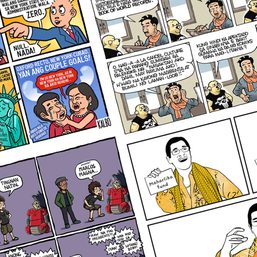
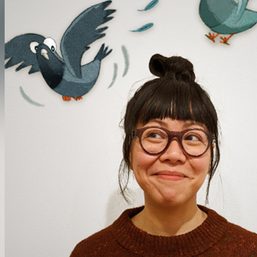
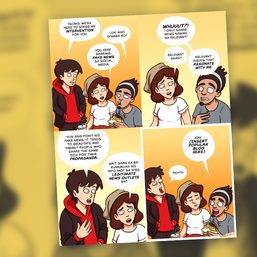
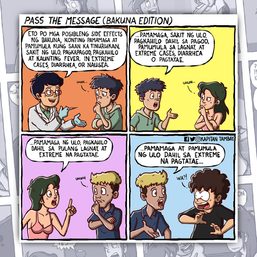

There are no comments yet. Add your comment to start the conversation.